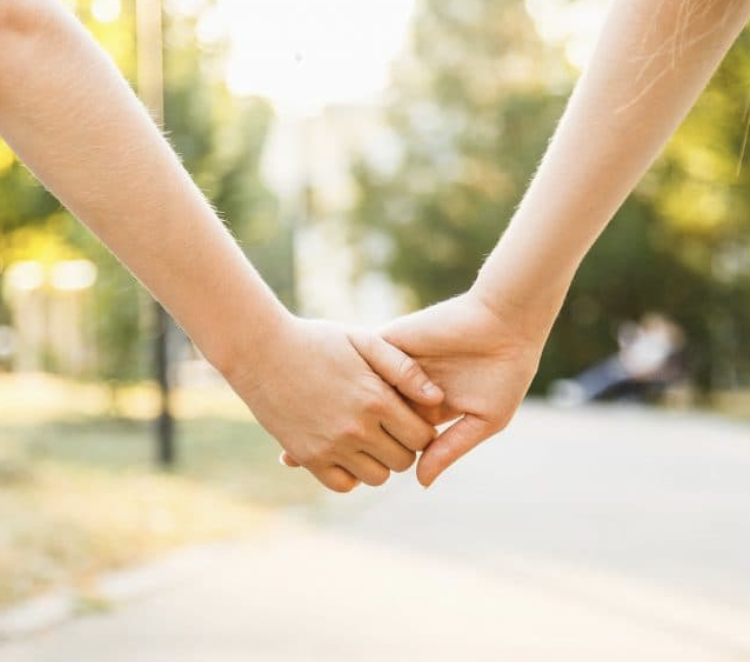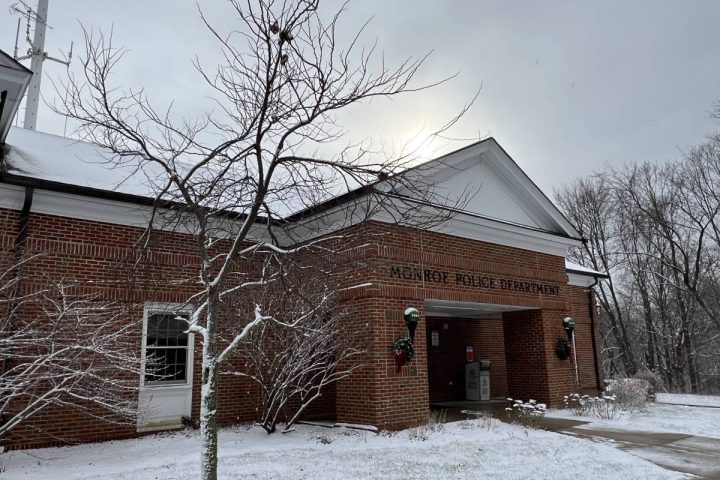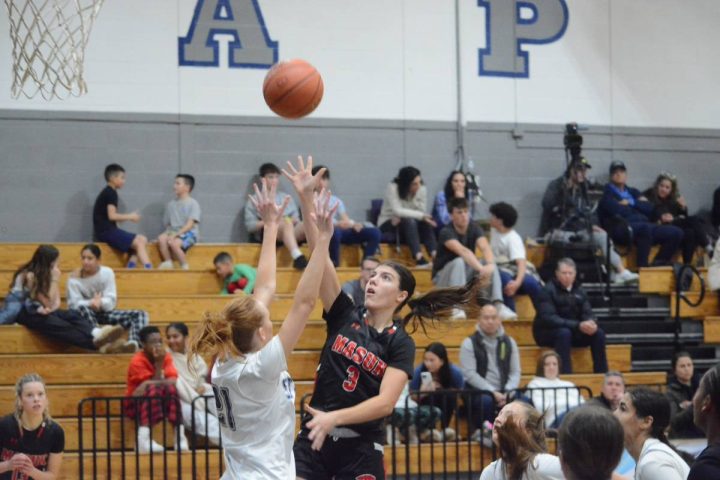February is the month of hearts, flowers, candy, and romance.
Beyond the sweet remembrances that can make this month so special, February is also Teen Dating Violence Awareness Month.
That makes this month the perfect time for parents and guardians to begin a conversation with the adolescents in their lives about the importance of safe, healthy relationships.
If you are like most parents, you may not realize dating abuse ranks high on the list of uncomfortable subjects we must broach with our teens as we guide them towards adulthood.
LoveisRespect.org, nationally-recognized experts on teen dating violence, polled parents and learned that 81 percent do not think dating abuse is an issue –or admit they do not know if it is an issue — in their teenagers’ lives. Sadly, those parents could not be more naïve or wrong.
It is estimated that 1 out of 10 teenagers will encounter physical violence or emotional abuse in a dating relationship. That is a statistic that should give us all pause.
Unfortunately, we have worked with young people at The Center for Family Justice who have been violated by the people who claimed to have loved them, often with devastating emotional and physical consequences.
Adolescents need to understand from an early age that love should never hurt and that they are worthy of respect.
It is so important for parents and caregivers of adolescents to impart to their teens the warning signs of an unhealthy relationship are often subtle yet can be real predictors of abusive patterns that often get progressively worse. Keep in mind, these abusive patterns often do not begin with physical violence.
In teens we work with at The Center for Family Justice, we often see the power and control that are part of the dynamics of abusive relationships manifest in the form of stalking, social media harassment, verbal, and emotional abuse and sadly, coerced or forced sexual interactions.
Besides telling the teens in your life that love should never hurt, you can play an important role in keeping them safe by paying attention to warning signs of abusive relationships in their lives.
Does your teen’s significant other?
- Constantly demand to know their whereabouts;
- Exhibit jealous or possessive behavior;
- Insult or ignore them in public;
- Stalk or humiliate them on social media;
- Limit or control their interactions with their friends;
- Damage or destroy their personal belongings;
- Constantly call or text to check up on them.
There are also behavioral signs that may serve as a warning that your teen’s relationship is an unhealthy one.
Look for things including:
- Failing grades;
- Suspicious injuries including bruises and scratches;
- Alcohol or drug use;
- Extreme mood swings;
- Making excuses for their dating partner’s behavior;
- Avoidance of friends and social events;
- Fearfulness of their dating partner’s reactions.
The conversation we should be having with our teenagers right now is critically important because research suggests that how an adolescent experiences their earliest romantic relationships has enduring consequences. Starting their dating lives with an abusive relationship can establish a pattern that can carry into their adult lives as they continue to engage in unhealthy relationships and choose abusive partners.
I hope parents and those of us who work with teens reading this will take the time this month to discuss the most important aspect of any loving relationship: Respect.
We must stress to our kids that hitting is not love, stalking is not love and mind games are never the basis of love. They are examples of toxic behaviors that have no place in a truly supportive and meaningful relationship.
Encouraging our teens to engage in healthy relationships now is a wonderful way for us to demonstrate our deep respect and immense love for them.
If you or a teen in your life is struggling because of an abusive relationship, please know that The Center for Family Justice is there to help. You can learn more about our programs and services at CenterforFamilyJustice.org or call our main number at 203-334-6154. Our 24/7 crisis hotlines are 203-384-9559 for domestic violence and 203-333-2233 for sexual violence.
Debra A. Greenwood is the president and CEO of The Center for Family Justice which provides crisis and supportive services to victims of domestic and sexual violence in six local communities, including Monroe.






